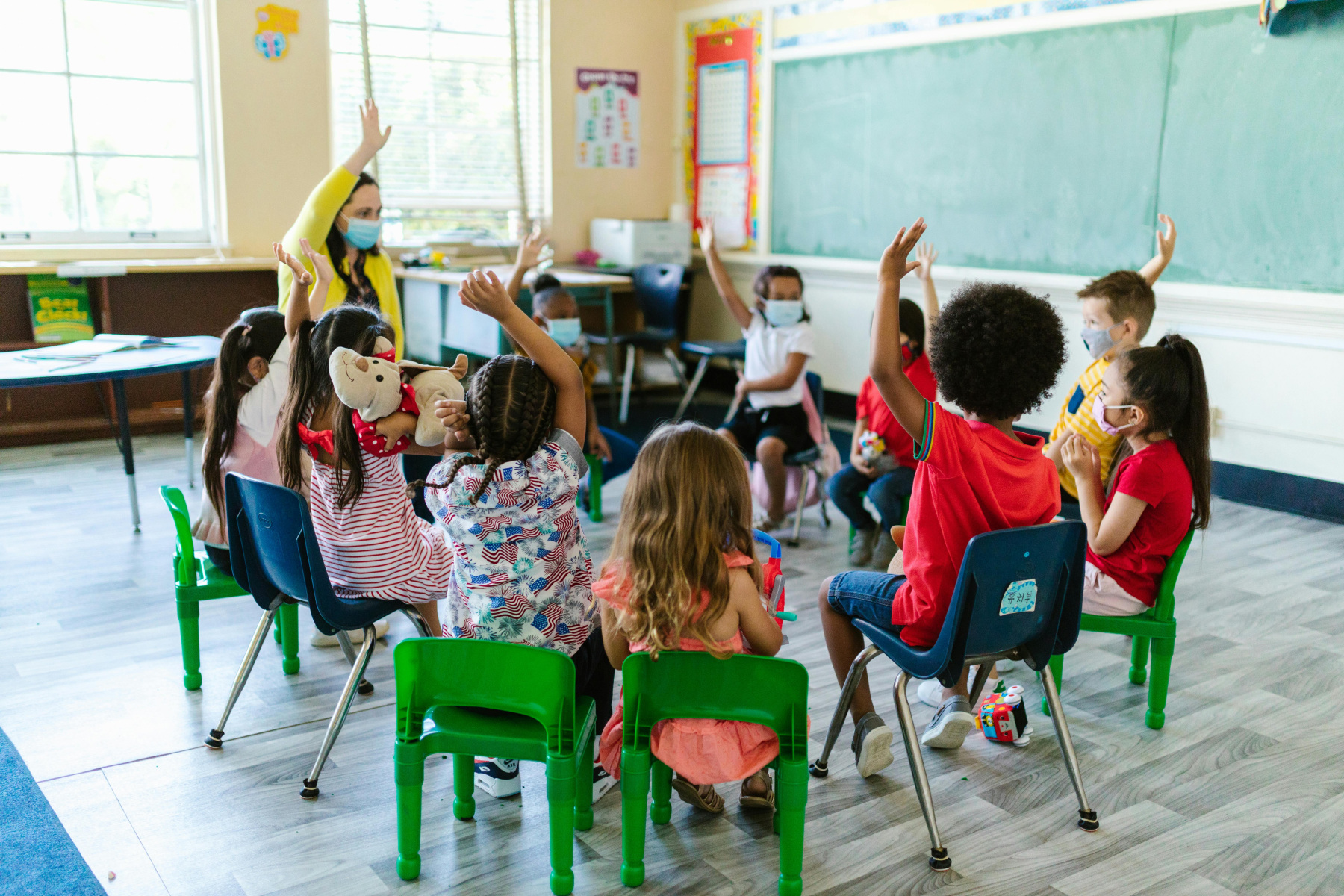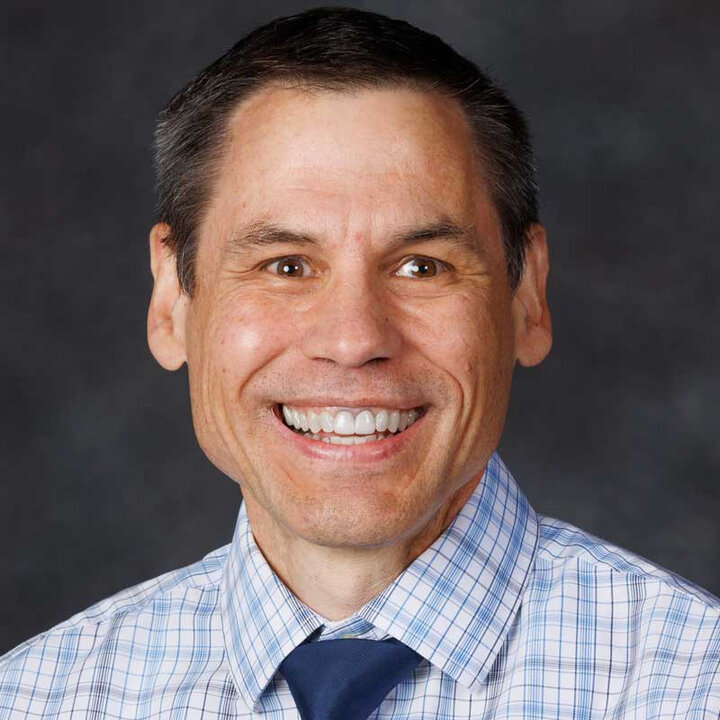Residential Child Care: Critical Cross-Cultural Perspectives is focused on creating sustainable and effective residential care for children and youth around the globe. “Family” is widely believed to be the best context for childcare, yet millions of families across the globe are subjected to changing economic and policy conditions that make it difficult, if not impossible, to meet children’s basic needs. As a response to this challenge, nearly all countries have a child residential care system that provides out-of-home placements to socialize and educate children. However, depending on prevailing philosophies, economies, and governments, the structure and function of these systems varies considerably across the globe. There is a pressing need, therefore, to understand fundamental commonalities and differences in child residential care from a global perspective to promote the optimal care of children.
Current Projects
PROJECT NAME (to be determined) is focused on creating sustainable and effective residential care for children around the globe. This task is a “Wicked Problem.” “Family” is widely believed to be the best context for childcare, yet millions of families are impoverished and cannot meet children’s basic needs. Beyond basic needs, families across the globe confront an escalating set of expectations for “good childrearing” while also confronting social and economic changes that impose barriers on those expectations. Caring for children is often conceived as a “long-term” investment, yet economies are volatile and dynamic resulting in chronic threats for sustaining the long-term investment. Enter different philosophies on economics and democracy, including questions about the meaning of length and extent of individual liberty. Plainly put, the best long-term care for children – including residential care - exists in a space of conflicting ideologies, philosophies, and associated economic priorities and forms of governance that vary within and across country contexts.
Our project has both programmatic and functional objectives. Programmatically we seek to (1) improve understanding of the structural and systemic issues underlying the Wicked Problem of sustainable and effective long-term care for children around the globe by focusing on one group of children: those in residential care; (2) identify and devise strategies for dismantling the Wicked Problem of sustainable and effective long-term care of children in residential care; and (3) evaluate and improve upon promising strategies for dismantling the Wicked Problem of sustainable and effective long-term care of children in residential care with the goal of creating scalable solutions.
Functional goals underlie and contribute to the programmatic goals. The Wicked Problem requires bringing together different minds reflecting various disciplines and fields operating under distinct perspectives. Therefore, our first functional goal is to grow a transdisciplinary community committed to advancing the best ideas, not positions, on children’s residential care. The Wicked Problem also requires recognition and embracing the vast variation in basic concepts like the meaning of “family” or “home,” or acceptance of wide differences in affordances and opportunities of given communities and regions. Therefore, our second functional objective is to grow a cross-cultural community of minds focused on children’s residential care. Finally, like all transdisciplinary and cross-cultural teams, progress cannot be made until we have a common “language.” Therefore, the third functional goal of our team is developing a shared way of discussing residential care, a language that is free of ideological or historical artifacts that predispose thinking and problem-solving in specific ways.
Meet the Team
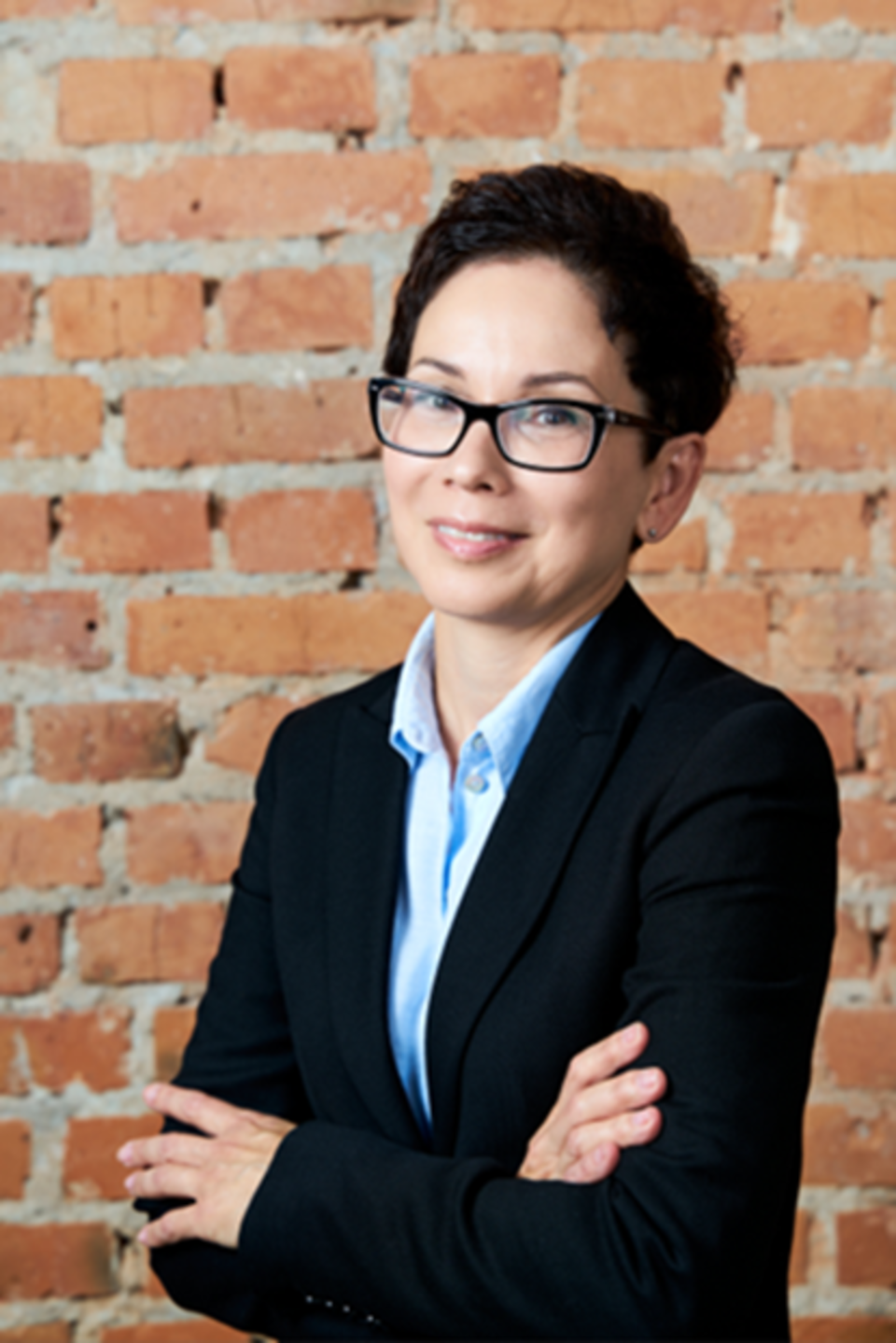
Justyna Siemionow, Ph.D.
Justyna Siemionow is a psychologist and an assistant professor in the Social Sciences Department at the University of Gdansk in Poland and a Fellow at Turku University of Applied Sciences in Finland (2019-2024), the Director of the Institute of Pedagogy (2020-2024). Her research interests lie in the broad areas of residential childcare, families, education and the process of supporting pedagogical staff. Specifically, her research focuses on the following areas: adolescence, upbringing, psycho-social development, and behavioral disorders. She is the author of five monographs, twenty-two chapters in books, over 95 articles (research journals) as well as several programs (therapeutic, educational, preventive, self-empowerment), and pedagogical innovations, used in working with socially maladjusted young people, and improve the functioning of the residential childcare institutions.
Publications – Person profile – Justyna Siemionow – University of Gdańsk (ug.edu.pl)
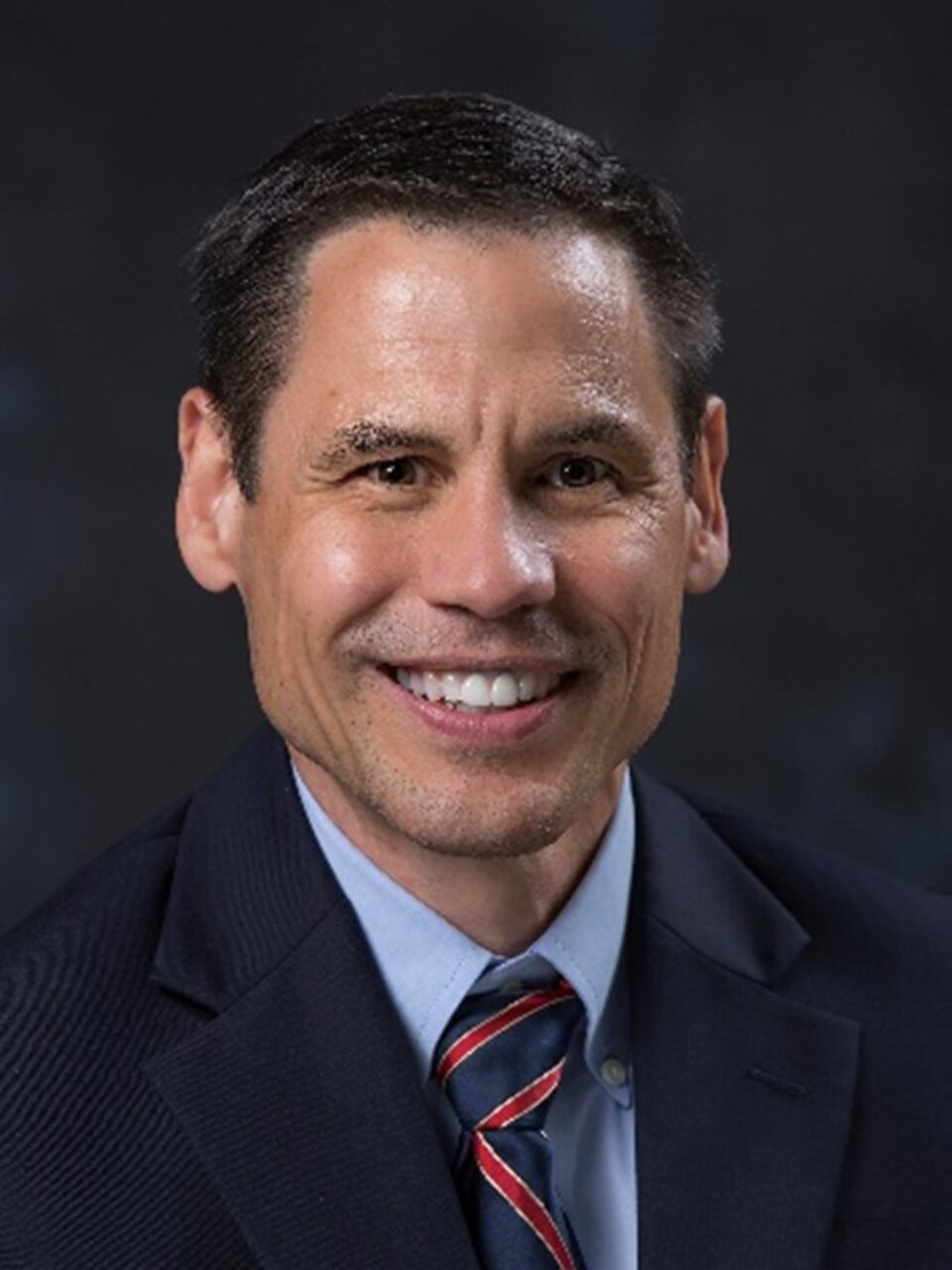
Alex Mason, Ph.D.
Dr. Alex Mason is a Professor in the Nebraska Center for Research on Children, Youth, Families & Schools and the Department of Child, Youth & Family Studies. His research focuses on (1) understanding the development of child positive functioning as well as problem behavior and (2) translating that understanding into the design of effective interventions. He has worked in both university and service provision settings and is committed to generating research-informed solutions to the challenges faced by diverse children, families, and communities in need.
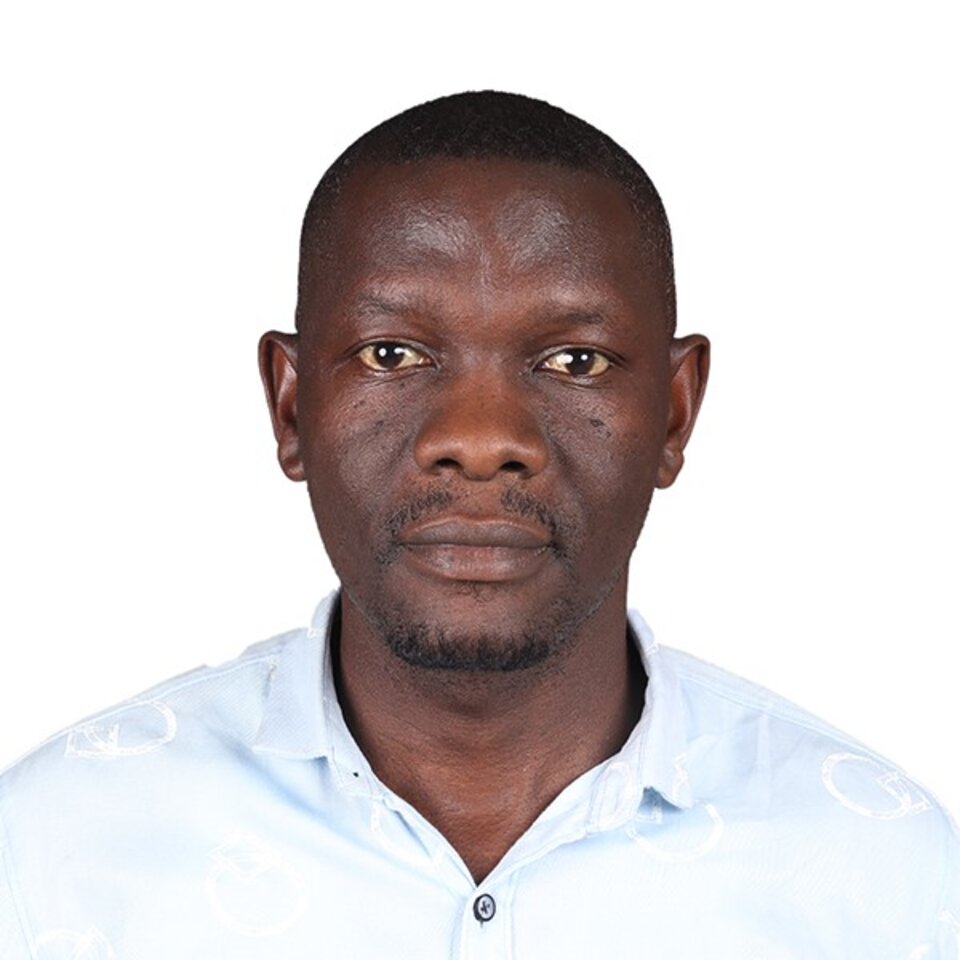
Deo Musoke
Deo Musoke is an international student from Africa-Uganda, currently pursuing graduate studies from the University of Nebraska-Lincoln. He has research interests related to marginalized and disadvantaged populations including street children and vulnerable young girls and women facing public health challenges. He is committed to being a community-change agent by helping vulnerable children through advocacy, organized referral systems, and promoting awareness campaigns towards making a difference in the lives of diverse youth.
